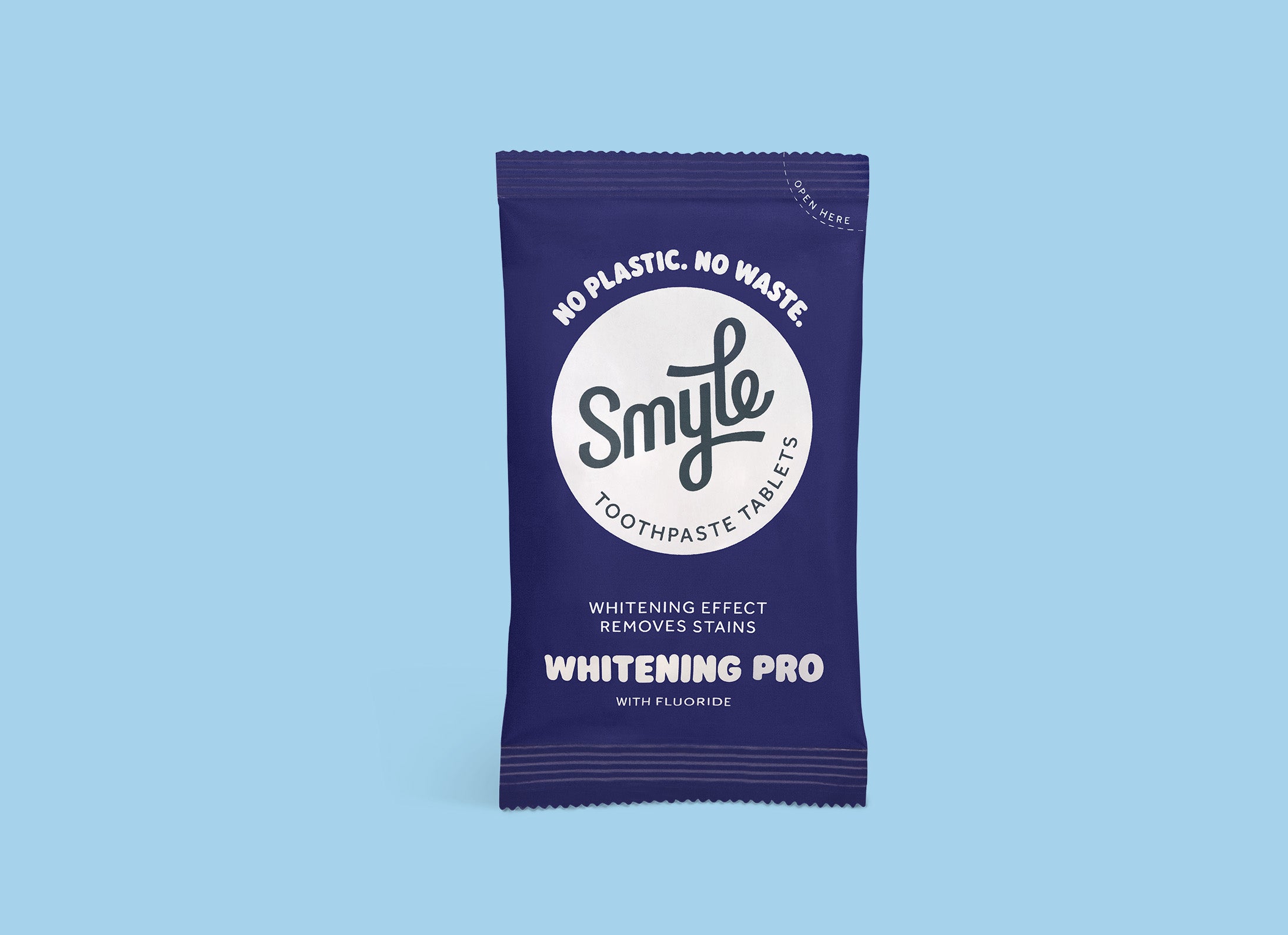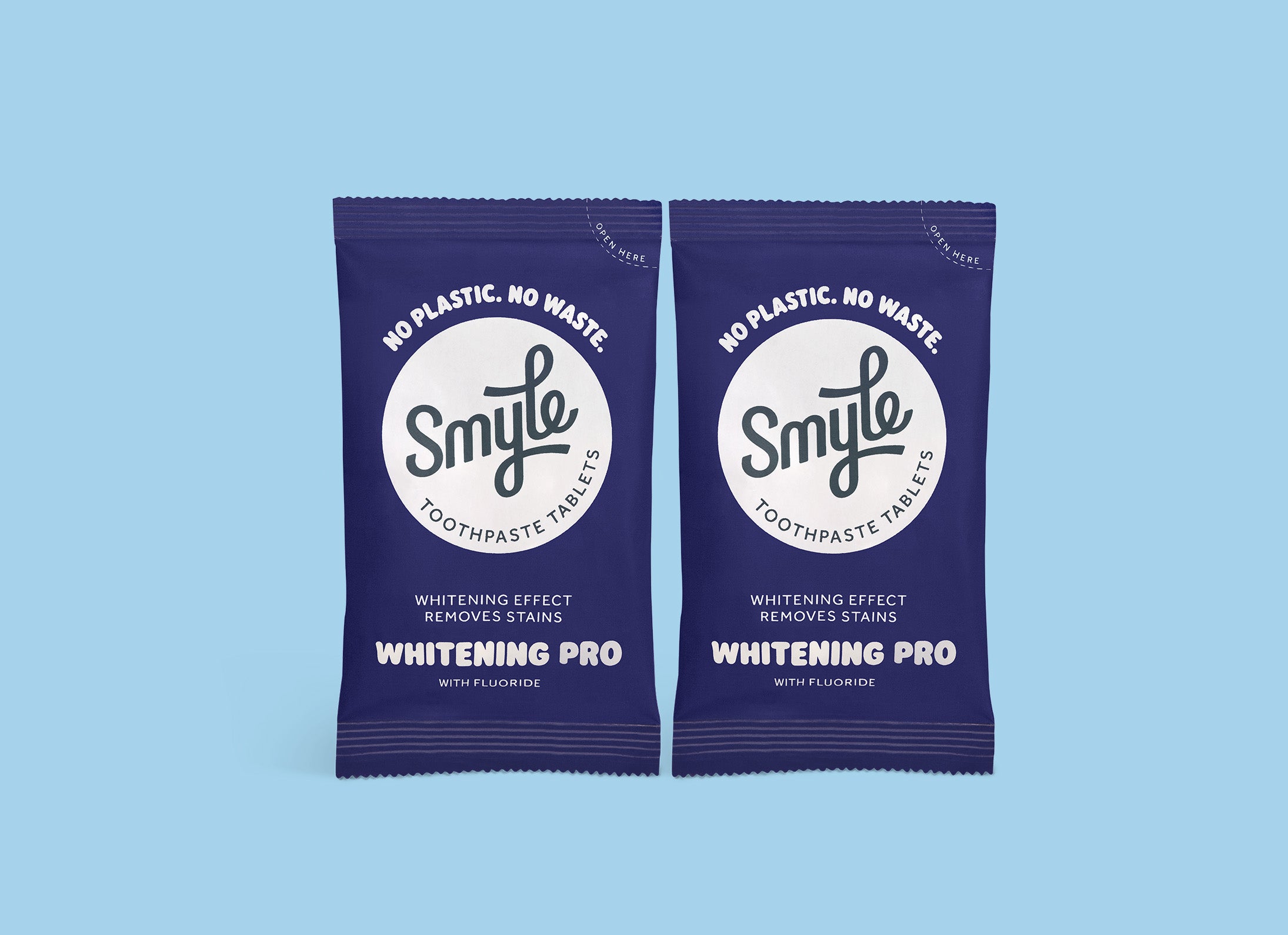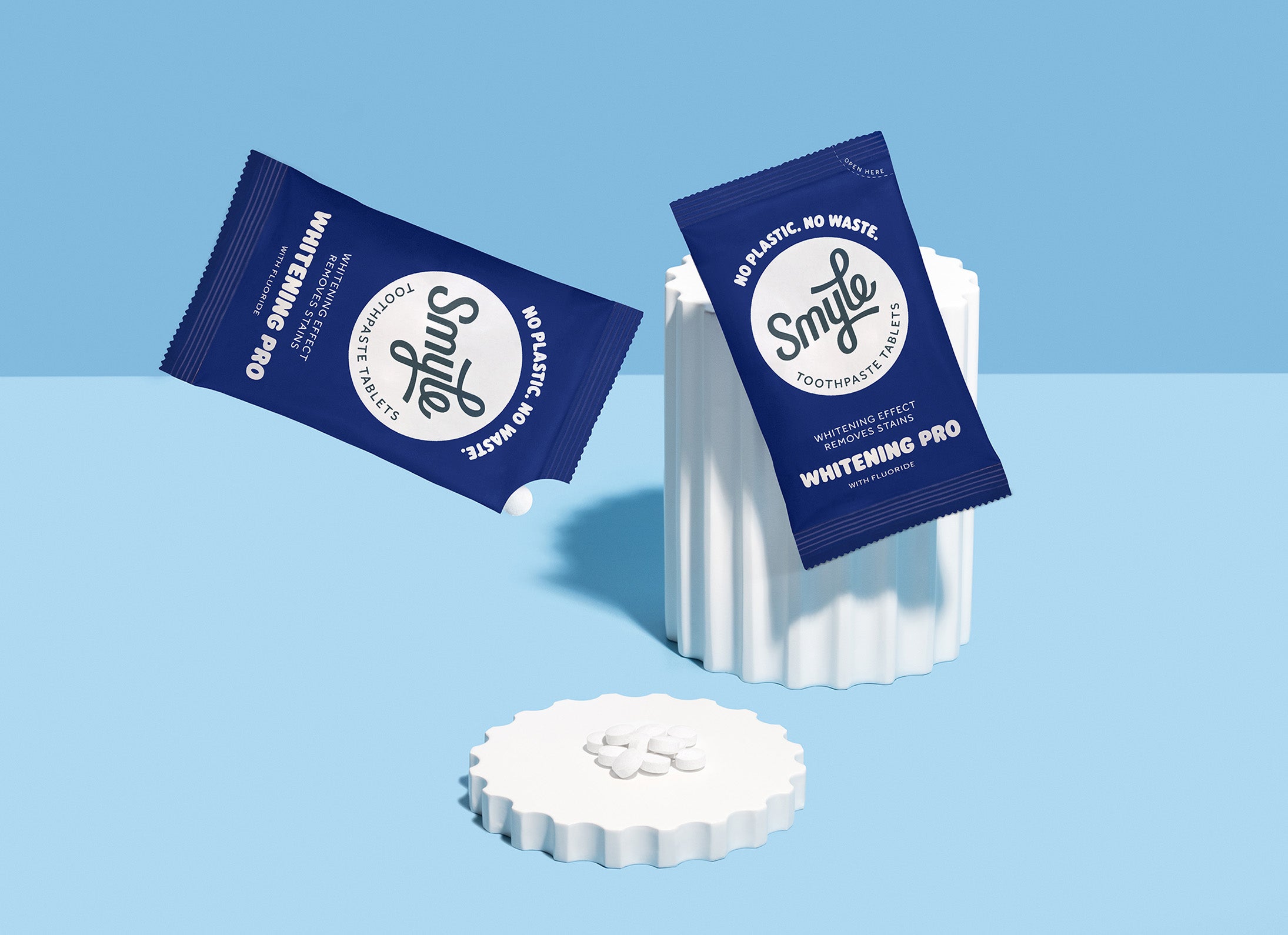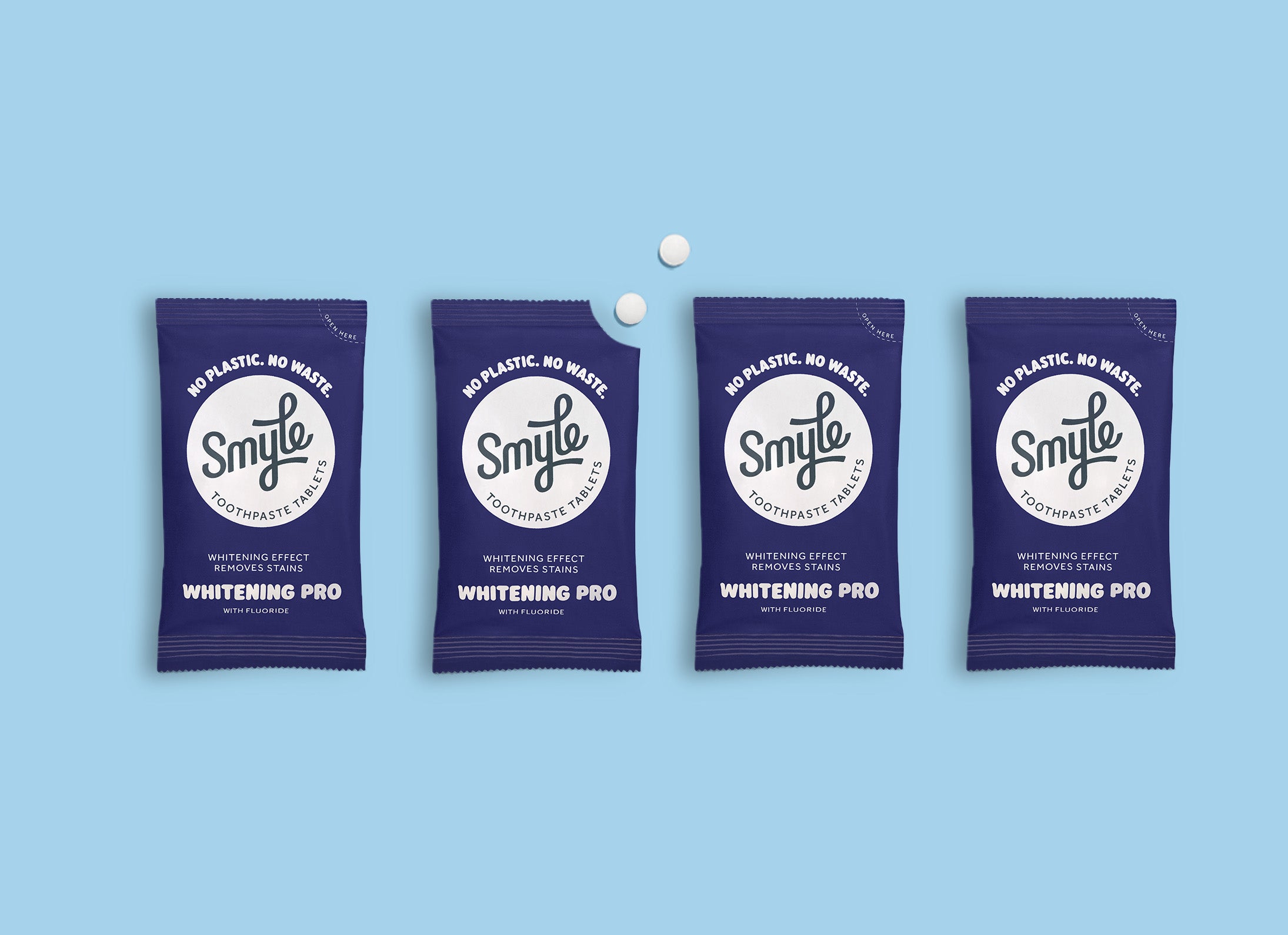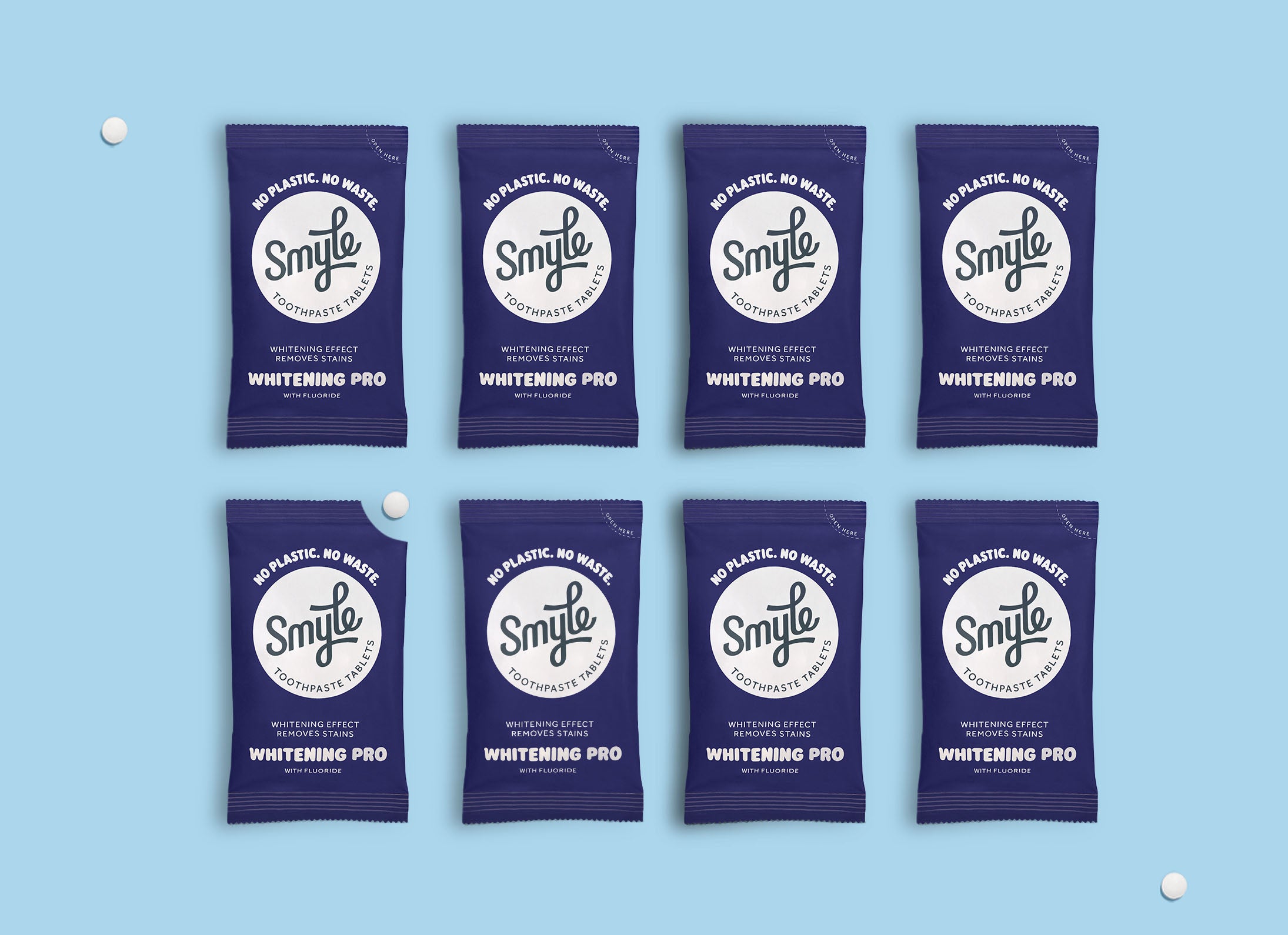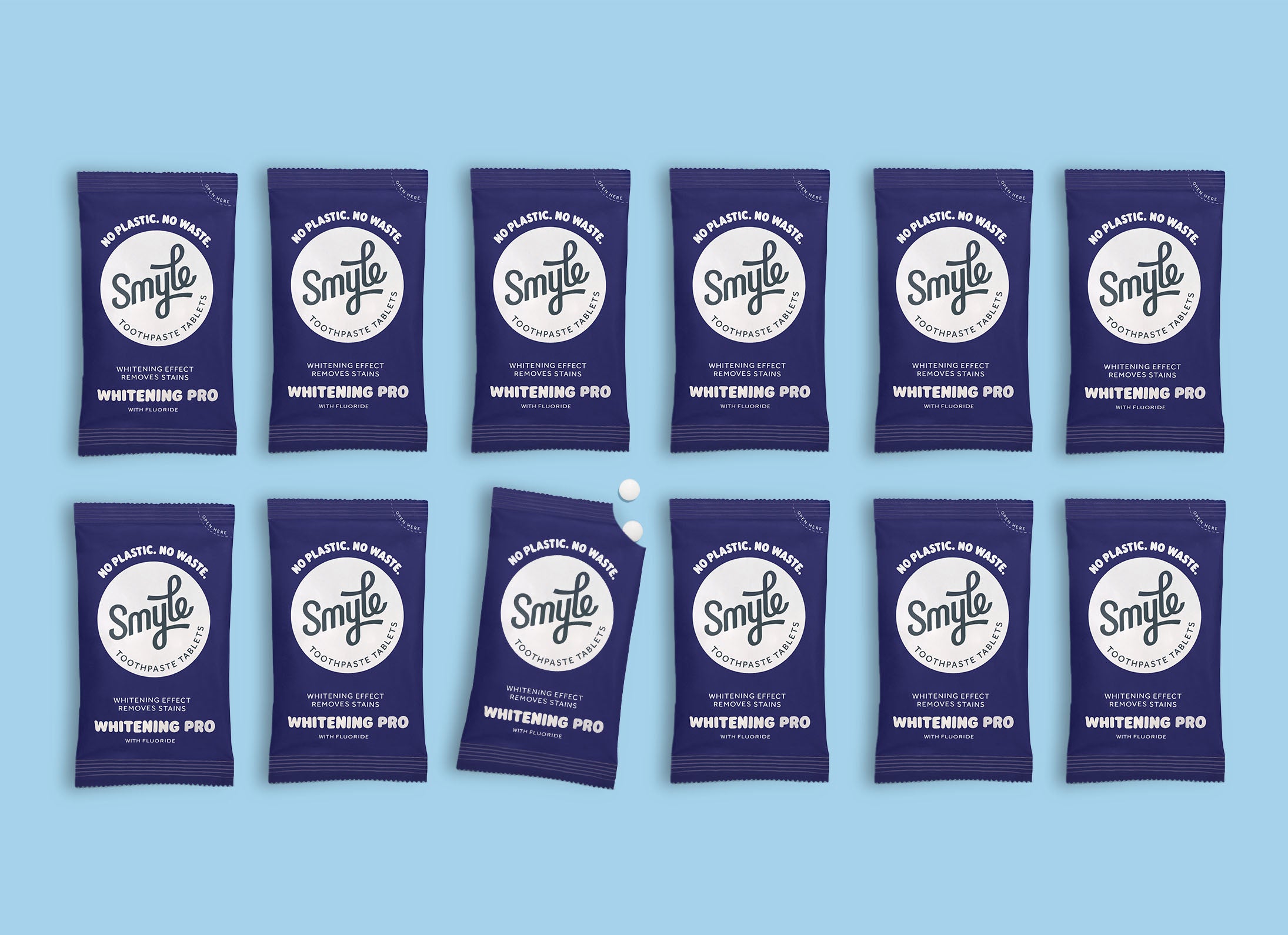
Do you suffer from sensitive teeth? Special toothpastes have been designed to help reduce that discomfort. Here, we’ll explain everything you need to know about toothpaste for sensitive teeth.
What Are Sensitive Teeth?
Sensitive teeth occur when the dentin (also called dentine) becomes exposed. A tooth is made up of various tissues, and the dentin lies beneath the enamel—the hard outer layer of the tooth. Dentin also forms the root of the tooth, which is normally protected by the gums. However, when the gums recede—due to inflammation or brushing too hard—the dentin can become exposed.
When this exposed dentin comes into contact with hot, cold, sweet, or acidic stimuli, it can stimulate the tooth nerve and cause discomfort. This can be quite unpleasant. Using the right toothpaste can significantly reduce this sensitivity.
Key Ingredients
Toothpastes for sensitive teeth, like Smyle, often contain special ingredients to help reduce discomfort. The most common ones include:
-
Potassium Nitrate: Helps block pain signals from reaching the tooth nerve, reducing sensitivity.
-
Strontium Chloride: Forms a protective layer over exposed dentin, helping to lessen sensitivity.
-
Fluoride: Strengthens enamel and helps prevent tooth decay and cavities.
Suffering from sensitivity? Look for these ingredients on the label. Many toothpastes will clearly state if they’re suitable for sensitive teeth.
How to Use Toothpaste for Sensitive Teeth
-
Brush twice daily: Use your sensitive toothpaste in the morning and evening for best results.
-
Don’t rinse with water after brushing: Simply spit out the excess toothpaste. This allows the active ingredients to remain on your teeth longer and work more effectively.
-
Avoid brushing too hard: Gentle brushing helps prevent enamel damage, which can worsen sensitivity.
-
Replace your toothbrush or brush head regularly: Every 3 to 4 months, or sooner if the bristles are worn out.
Using the right toothpaste together with the right toothbrush and technique can help relieve sensitivity and maintain a healthy mouth.
What Else Can You Do?
-
Visit your dentist: They can recommend the best toothpaste for your specific needs.
-
Avoid trigger foods and drinks: Such as very cold or acidic beverages—and yes, even that delicious ice cream!
-
Use a soft-bristled toothbrush: This helps prevent further enamel damage.
-
Try mouthwash for sensitive teeth: It can support the effects of your toothpaste.
-
Avoid grinding or clenching your teeth: These habits can worsen sensitivity.
-
Maintain a complete oral hygiene routine: Including flossing regularly to prevent gum problems.
Toothpaste for Sensitive Teeth
Want to say goodbye to those annoying twinges? Follow the tips in this post and find the right toothpaste for your needs. For example, take a look at Smyle’s new Sensitive Pro, recently launched to help you get quick and effective relief from sensitivity. That way, you can go back to enjoying your favorite ice cream this summer—without the wince!





































